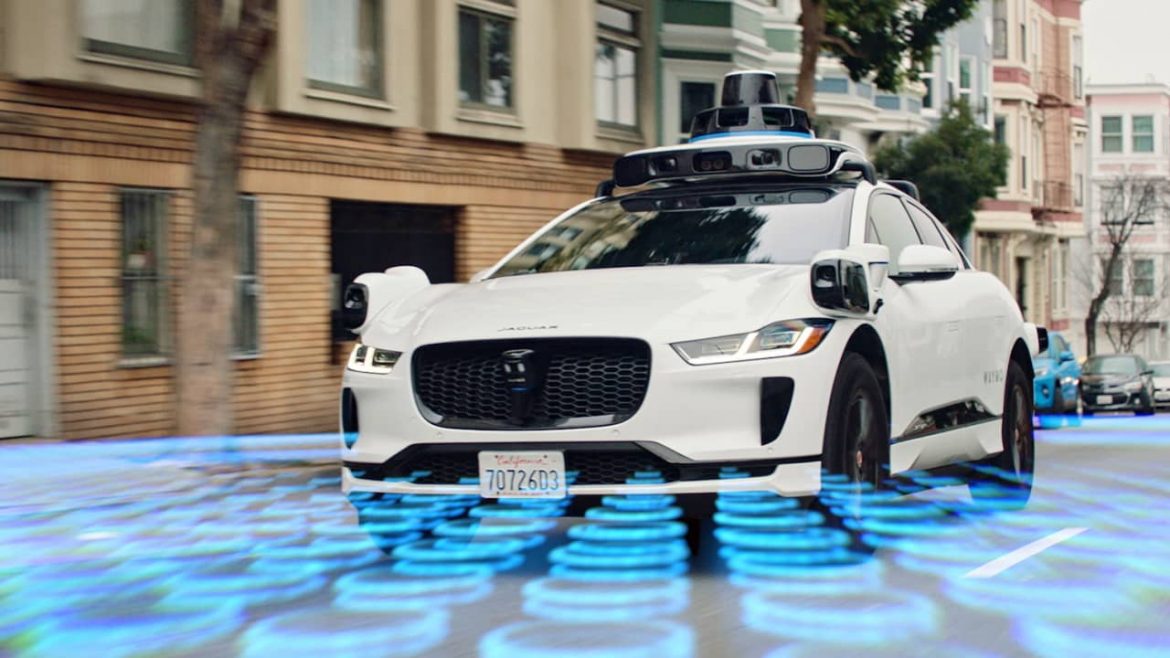Alphabet’s self-driving car unit, Waymo, has announced the recall of 672 of its autonomous vehicles following an incident in May where one of its driverless cars struck a wooden utility pole in Phoenix, Arizona. The decision to recall the vehicles comes amidst an ongoing investigation by the National Highway Traffic Safety Administration (NHTSA) into reports of Waymo’s robotaxis exhibiting driving behaviour that potentially violates traffic safety laws or demonstrates unexpected behaviour, including 17 collisions.
According to Waymo, the May collision in Arizona occurred in an alleyway while the autonomous vehicle was executing a low-speed pullover manoeuvre. Although there were no passengers, other road users, or injuries reported in connection with the incident, the Waymo vehicle sustained damage. As part of the recall remedy, Waymo has implemented a software update to enhance the vehicles’ detection response to poles or pole-like permanent objects, as well as “robust mapping updates and improvements” that have already been installed in all of the affected vehicles.
The NHTSA stated that prior to the software updates, the automated driving systems “could fail to avoid a pole or similar object.” This recall marks the latest in a series of NHTSA investigations into the performance of self-driving vehicles, with the regulator also having opened probes into General Motors’ Cruise and Amazon.com’s Zoox.
In February, Waymo had to recall 444 self-driving vehicles after two minor collisions occurred in quick succession in Arizona. The company attributed these incidents to a software error that could cause automated vehicles to inaccurately predict the movement of a towed vehicle.
The NHTSA’s concerns about the performance of Waymo’s driverless vehicles were further highlighted on Wednesday when the regulator sought details about a series of incidents. The agency noted that several of these incidents “involved collisions with clearly visible objects that a competent driver would be expected to avoid.” The reports included collisions with stationary and semi-stationary objects such as gates and chains, collisions with parked vehicles, and instances where the automated driving system appeared to disobey traffic safety controls.
Waymo has been given until August 6 to respond to the NHTSA’s detailed questions, which include inquiries about whether any of the vehicles have been grounded and if any tests or updates have been conducted to address specific incidents. Despite the issues raised by the NHTSA, Waymo has expressed pride in its “performance and safety record over tens of millions of autonomous miles driven.”
The recall and ongoing investigation into Waymo’s self-driving vehicles highlight the challenges and risks associated with the development and deployment of autonomous vehicle technology. As companies like Waymo, Cruise, and Zoox continue to push the boundaries of what is possible with self-driving cars, ensuring the safety and reliability of these systems remains a top priority for both the companies and regulators.
The NHTSA’s proactive approach to investigating potential issues with self-driving vehicles demonstrates the agency’s commitment to protecting public safety as this technology continues to evolve. By holding companies accountable and requiring them to address any identified problems, the NHTSA plays a critical role in shaping the future of autonomous transportation.



